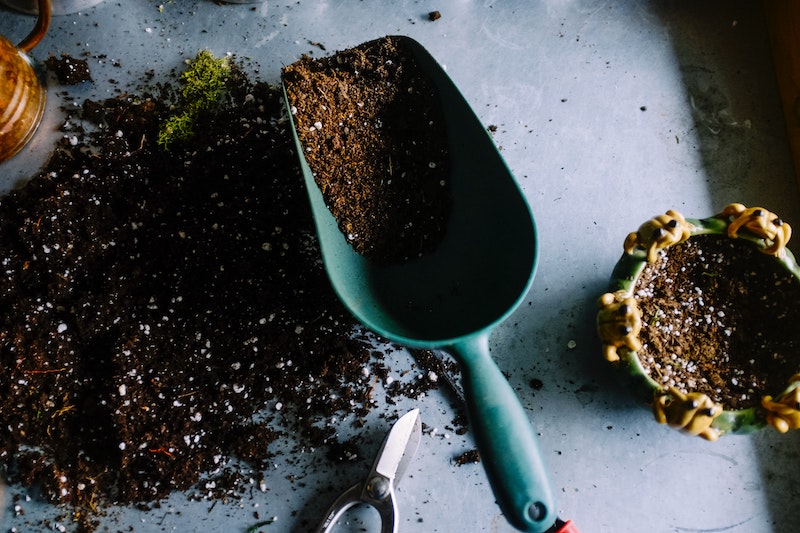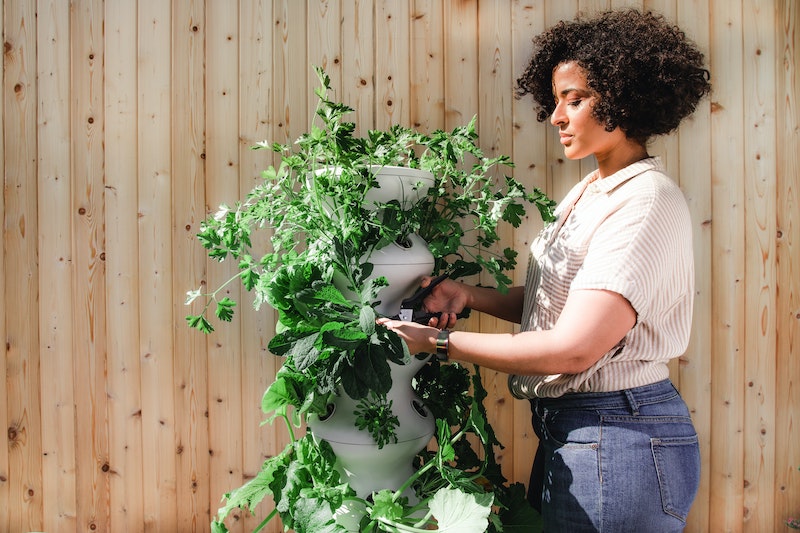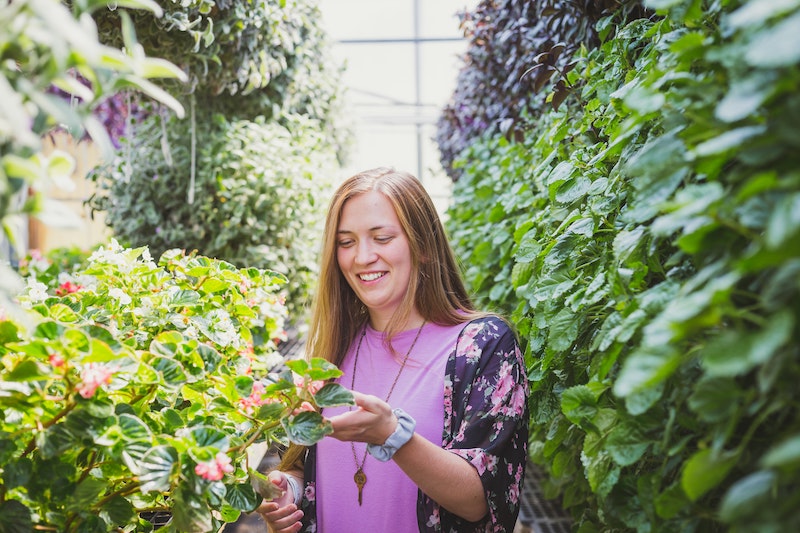
Written by Jori Hamilton, Guest Writer
Throughout the COVID-19 pandemic, gardening became a popular new hobby and interest for many people. But, it’s really nothing new. Gardening has been around forever in some capacity. It’s not uncommon for people to get into it to grow their own food, help the environment, or even boost the curb appeal of their homes.
But, you may not know about the mental health benefits that go along with gardening.
One thing you can probably recognize is that gardening is a relaxing activity. It allows you to step away from “reality” for a while and enjoy some peace while spending time outside. It gives you a reprieve from the hectic demands of society while offering a sense of responsibility to those who need it. It’s one of the best forms of self-care you can be a part of, and it’s something you can enjoy each day.
Let’s dig deeper into those ideas so you can have a better idea of how gardening cultivates responsibility and healthy coping mechanisms. The more you know about these benefits, the more you’ll understand why it’s such a resource for your mental well-being.

It Can Take You Off the Grid
There are some benefits to being on social media, including strengthening your relationships with others. That can help with:
- Stress
- Anxiety
- Depression
- Self-worth
It can even prevent loneliness and bring you a sense of comfort. But, that’s only if it’s done in moderation. Nowadays, it’s easy to become addicted to your screen. Spending too much time on social media can negatively impact your mental health. You might start comparing yourself to others, or worrying that you’ll “miss out” on something.
It’s the same for almost all forms of entertainment. Binge-watching television shows can be unhealthy, as well as playing too many video games. A gaming addiction can lead to relationship issues, social disconnection, and even anxiety or depression.
Gardening gives you a reprieve from your screens. Simply being outside in a garden setting is good for your mental health and can give you a boost of energy and happiness almost instantly. Gardens have been used by hospitals and rehabilitation centers as therapeutic settings for healing patients. One study found that even seeing a garden from a balcony helped improve the mood of both depressed and non-depressed elderly patients.
If you know you’re spending too much time in front of a screen or the effects of social media are wearing on you, spending time in your garden is a great way to cope.

It Gives You Something to Care For
Depending on the type of garden you plant, you’ll have to care for it each day. That can be beneficial to your well-being in a few different ways. First, it gives you a sense of responsibility. When you know you have something that completely depends on you to grow and thrive, it’s a motivating factor. It gives you something to look forward to each day.
Additionally, gardening can help to teach you new skills. It’s not always easy for adults to learn new things, thanks to a variety of barriers that can be in the way, including:
- Lack of time
- Self-doubt
- Lack of support
- Financial barriers
You can use different adult learning theories to overcome these barriers and make the most of your gardening experience. For example, the concept of andragogy is “the art and science of helping adults learn.” It focuses on the need adults have for internal motivation and why they should learn something new.
With gardening, your motivation comes from watching something literally come to life. The more you learn about how to care for it, the more you’ll be rewarded with beautiful flowers or fresh produce. When you realize it’s about more than planting seeds and watering, you’ll end up with an even bigger bounty. As a result, the cycle of motivation and desire to learn more will continue.
When we talk about skills you’ll learn, it’s about so much more than the pH levels of your soil and how much water and sunlight a certain plant needs. Is that important? Yes. But, gardening can also help to teach patience, time management, and delayed gratification. In this fast-paced world, those are characteristics that are becoming more important than ever. Instant gratification has become normalized thanks to advancements in technology. Gardening forces you to take a step back and enjoy the journey as much as the results.

It Makes You More Mindful
Everyone experiences stress. But, if it’s something you’re struggling with, gardening can help to alleviate some of it. Not only does being outside naturally help, but gardening allows you to be more mindful.
When you’re working amongst plants, flowers, and even produce, you’ll be reminded to live in the present moment. That’s what mindfulness is all about. Instead of worrying about the past or future, you focus on what you’re feeling right now. You use your senses and allow yourself to feel everything. A garden is a great place for that since you can take in the beautiful sights, sounds, and even smells that surround you.
Mindfulness is often used as a therapeutic method to fight back against feelings of anxiety. But, not everyone can sit in an office or at home and let themselves go without feeling distracted. A garden provides a sense of peace and calm that not many other places can, making it the perfect spot for mindfulness and meditation. When you choose to practice mindfulness, you can steer away from other unhealthy coping mechanisms to deal with stress.
It’s important to note that on top of these multiple benefits, gardening is easy. You don’t have to have a lot of experience. You don’t have to have a natural “green thumb.” All that’s needed is a willingness to get started and general care for your overall well-being. Whether your garden is big or small doesn’t matter. The benefits it provides will last for years, and you might find that you enjoy spending time digging in the dirt than digging through your social media feeds.
About the Author






Leave a reply